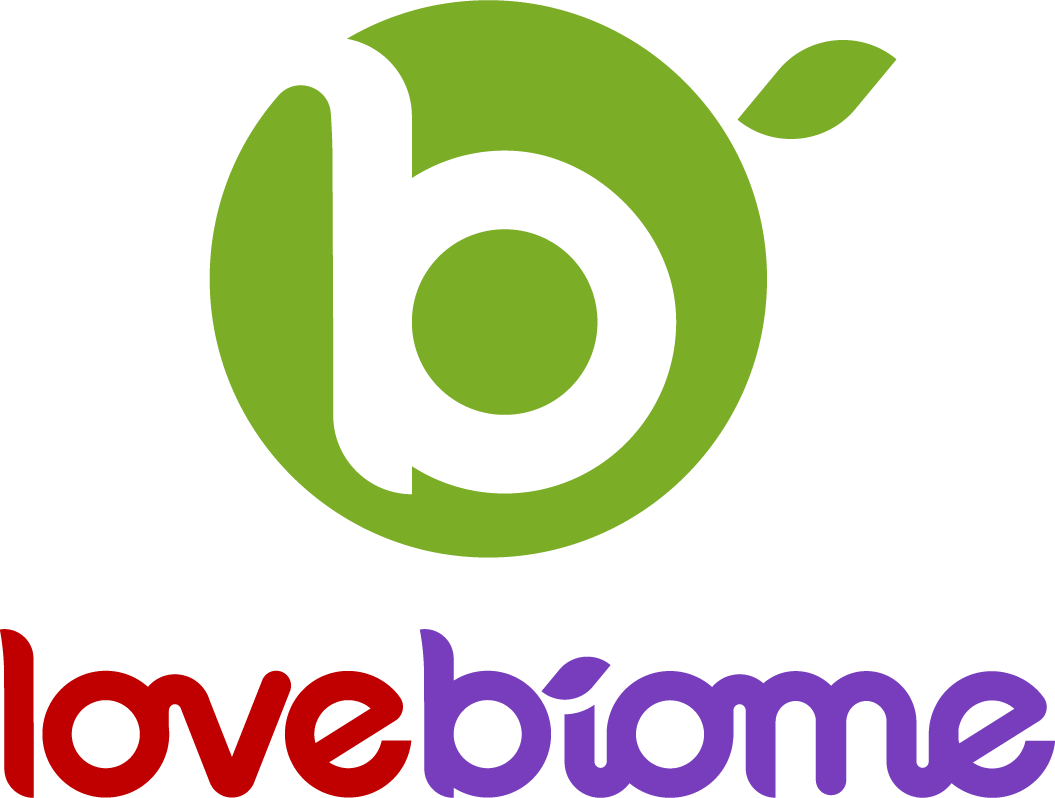Probiotics, Prebiotics, and Postbiotics- Why Do You Need All Three?
When it comes to maintaining a healthy gut, probiotics, prebiotics, and postbiotics all play important roles. Each of these terms refers to a different aspect of the complex ecosystem of bacteria and other microorganisms that live in your digestive system. Here’s what you need to know about each one, and why it’s important to include all three in your diet.

Probiotics:
Probiotics are live bacteria and yeasts that are beneficial to your gut health. These microorganisms are found naturally in certain foods, such as yogurt, kefir, sauerkraut, and kimchi. They can also be taken as dietary supplements in capsule or powder form. Probiotics help to balance the microbiome in your gut, which is important for proper digestion, immune function, and overall health.
Prebiotics:
Prebiotics are a type of dietary fiber that serves as food for the beneficial bacteria in your gut. Unlike probiotics, prebiotics are not alive themselves. Instead, they are found in certain foods, such as whole grains, fruits, and vegetables. When you consume prebiotics, they travel to your colon, where they are fermented by the bacteria living there. This fermentation process produces short-chain fatty acids, which help to nourish the cells lining your colon and reduce inflammation in the gut.
Postbiotics:
Postbiotics are the metabolic byproducts that result from the interaction between probiotics and prebiotics in your gut. These compounds include things like organic acids, enzymes, and peptides, and they can have a variety of health benefits. For example, postbiotics may help to improve gut barrier function, reduce inflammation, and regulate the immune system.

Why you need all three:
While each of these components of gut health is important on its own, they also work together synergistically to maintain a healthy microbiome. Probiotics help to introduce beneficial bacteria to your gut, while prebiotics help to feed those bacteria and encourage their growth. The resulting fermentation process produces postbiotics, which can have a range of positive effects on your overall health.
In conclusion, if you want to support your gut health, it’s important to focus on all three of these components: probiotics, prebiotics, and postbiotics. The LoveBiome Daily 3 System is specifically formulated to provide you with the perfect balance of probiotics, prebiotics, and postbiotics.






